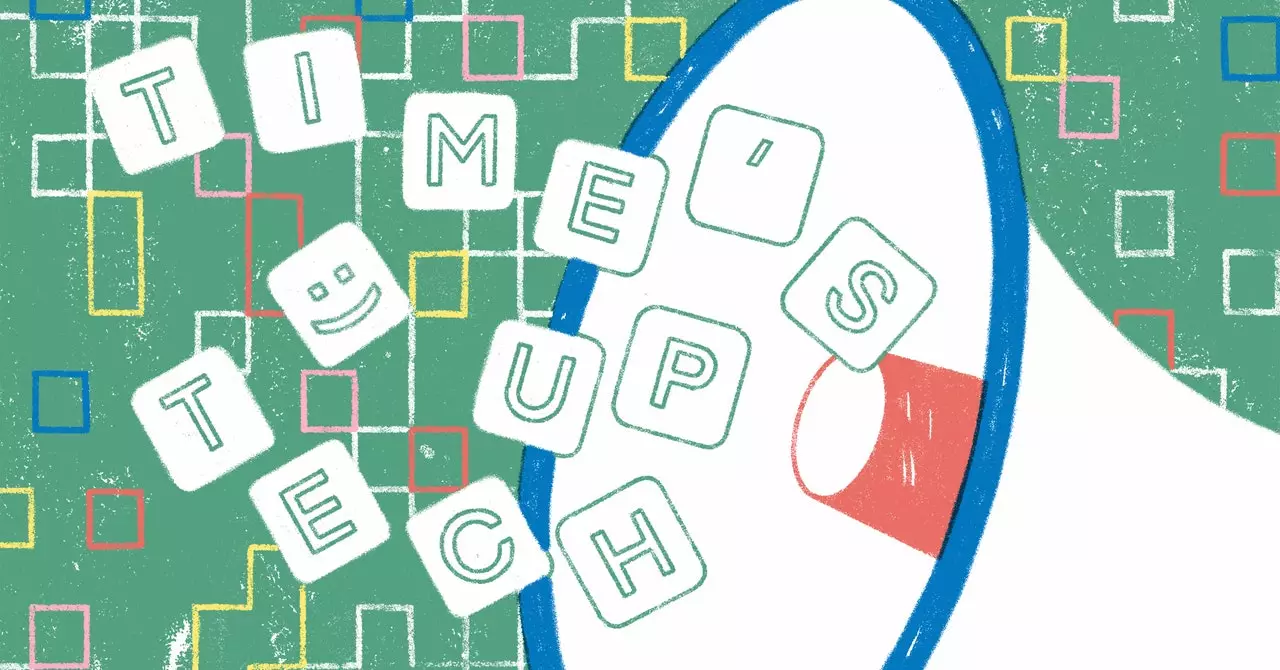The computing industry, once adorned with the gleaming promise of innovation and progress, is facing an existential crisis regarding its image and practices. Once seen as the epitome of forward-thinking, tech companies are now scrutinized for their inability to foster inclusivity and respect for marginalized groups, particularly women and nonbinary workers. As we peep into 2025, the allure of Silicon Valley is becoming increasingly tarnished, revealing structural issues that undermine its status as a beacon of modernity and social progress.
At the heart of this disillusionment lies a problematic workforce culture governed by what can be termed the “Bro Code.” This unwritten code is indicative of a broader systemic failure that promotes behaviors detrimental to fostering diversity. The computing environment is often characterized by aggression, selective abstraction, and an emphasis on technical prowess over humanitarian values. Such elements create a breeding ground for gender discrimination, bias, and harassment.
Statistics become another painful reminder of this disparity: women account for a mere 21% of computer programming positions. The figures worsen for women of color; African American women hold only 2% of these positions, while Latina women represent an even smaller fraction at just 1%. The reality is alarming and serves as a wakeup call for a domain that claims to thrive on innovation and creativity.
The repercussions of these ingrained values are felt acutely, particularly during economic downturns. The tech layoffs of 2022 were emblematic of this pattern, with nearly 70% of those laid off being women. Such statistics highlight the precarious position of women in a field supposedly built on equity and opportunity. My experiences within the realm of Big Tech corroborate these findings: as my company transitioned to a publicly traded entity, it became painfully clear that job security was often a male privilege. Women in my department bore the brunt of layoffs, even as the company’s profitability soared.
The so-called ‘tech bros’—the affluent individuals who dominate this sphere—often operate under a veil of quasi-religious authority, viewing themselves as the high priests of innovation. In a shocking incident at the 2023 Grace Hopper Celebration, which was meant to empower women in technology, male attendees disrupted the environment, with reports of harassment and intimidation burgeoning. Such behaviors illustrate the pervasive toxicity embedded within tech culture and the apparent lack of accountability among those who perpetuate it.
Looking ahead, the convergence of feminist movements and labor rights advocacy presents a glimmer of hope. Increased scrutiny on tech culture is anticipated to dismantle the Bro Code’s stronghold. The disconnect between corporate promises of innovation for social good and the lived experiences of workers in the industry is beginning to draw fire.
Take the case of Lynn and Shauna—two women who harbored ambitions to leverage technology for altruistic ends. Lynn’s eye-tracking device for people with disabilities was co-opted for market analysis, while Shauna faced derogatory remarks for focusing on accessibility projects. Their stories portray a disturbing trend where self-interest often eclipses humanitarian efforts, further alienating those striving for progress within the industry.
As we approach 2025, it’s becoming evident that public discontent is rising in response to the unfulfilled promises of Big Tech. Disenfranchised tech workers wield increasing influence, demanding accountability from leaders who preach altruism but fall short of ethical obligations. Recent organizing campaigns, such as the notable Google walkout in 2018, demonstrate the power of solidarity and collective activism.
These movements serve as a clarion call to tech giants, prompting them to reevaluate their corporate cultures and policies. In a rapidly changing landscape, the intersection of technology, social justice, and workplace equality is no longer a peripheral concern but a central pillar of the conversation. The future holds potential for meaningful change, driven by those who understand the true essence of innovation: serving humanity.
It is time for the tech industry to confront the inherent biases shaped by the Bro Code and commit to genuine transformation. As we look forward, a multi-faceted approach—rooted in diversity, inclusivity, and ethical accountability—could revitalize the industry and restore its tarnished halo.

